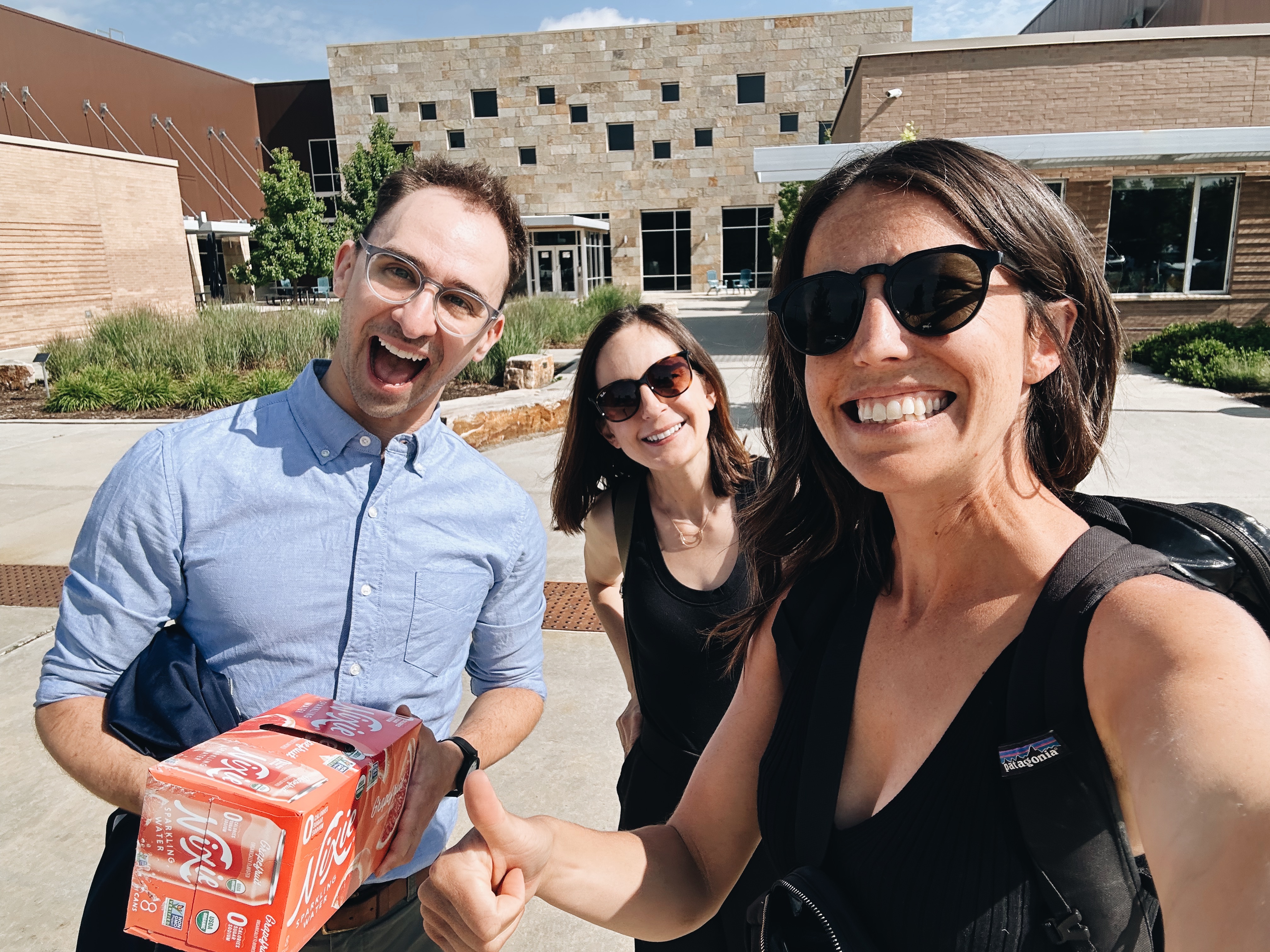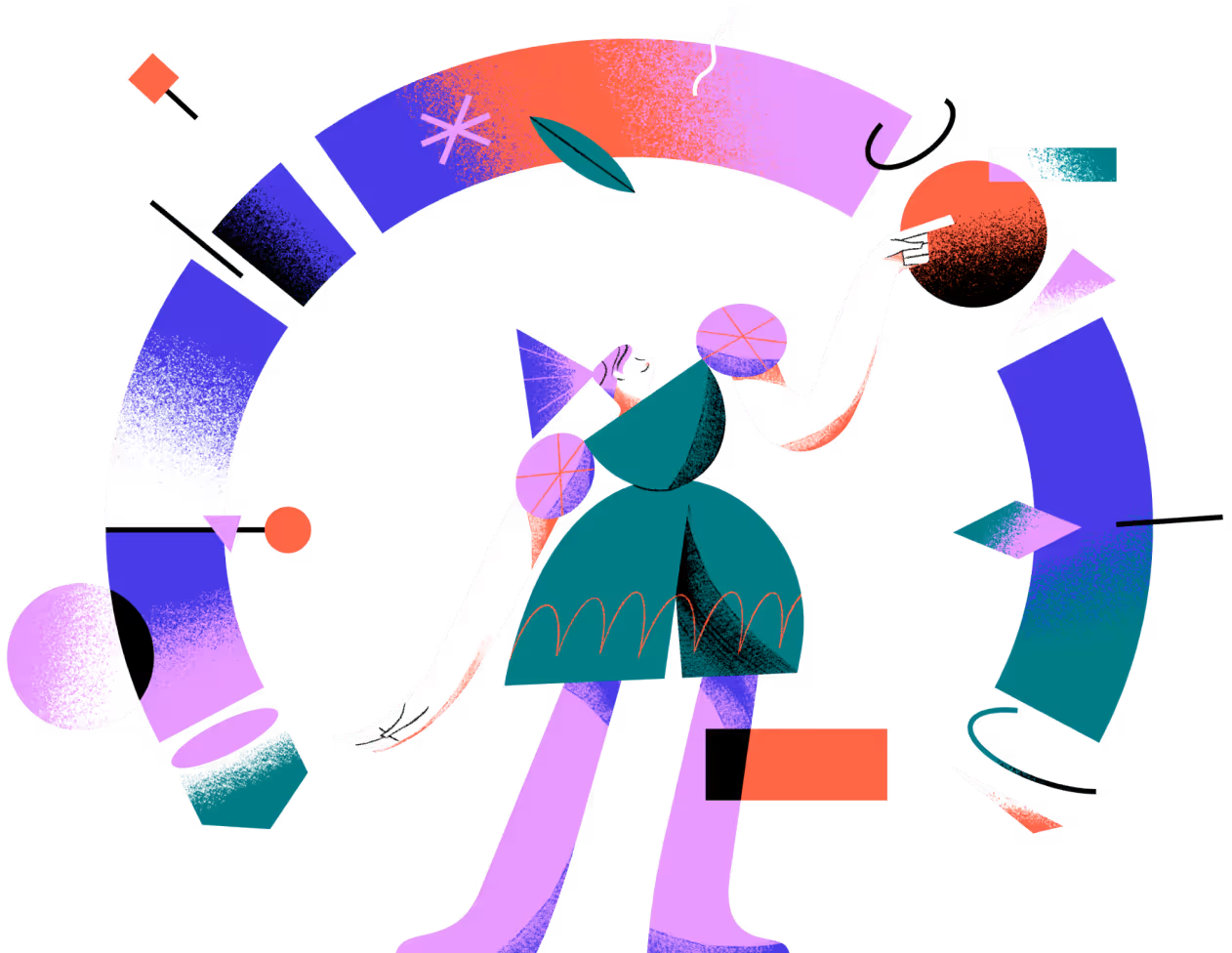If you have worked in anything to do with software - creation, iteration, adoption, consulting - you are probably familiar with the idea of 'User Stories'. If not, the concept is a fairly straightforward one.
This article from Atlassian - Agile Coach enlightens us with a definition:
"A user story is an informal, general explanation of a software feature written from the perspective of the end user. Its purpose is to articulate how a software feature will provide value to the customer."
User Stories are helpful because they break down a project's technological needs into something all of us can understand: Stories.
Humans connect to each other through stories. We learn valuable lessons about the world, understand complex concepts, and find commonality through storytelling. From the time we are young, most of what we learn that we actually retain, comes from articulating the information in story format.
This also works well in the lifecycle of a project or creation of something new. In order to fully understand and create a wholistic framework for what we are building, we need to understand
why we are building, what we're building, and what value it creates.
For fun, here is the standard format of a User Story:
“As a [persona], I want to [goal], so that [outcome].”
Since this format tells us who we are talking about, what they will want to be able to do, and why they need to be able to do it, we think that User Stories are also imperative to the coaching process we provide in our Holistic Admin Bootcamp. Knowing exactly what we hope to achieve with each participant allows us an individualized approach to their learning and coaching sessions.
And for us, people are at the heart of everything. The people of an organization are the ones tackling the chronic issues, building a culture, changing a culture, and focusing on change management. The champions of new technologies who will lead others forward and create sustainability with that technology.
So who are the personas that make up the User Stories within our bootcamp? And how do we utilize those stories to create the best outcomes possible for the people attending?
Our Personas are the smart and talented people that choose (or inherit) a Salesforce Admin role. From our experience, they are usually drawn to people-centered outcomes, numbers, tools, and strategy. They may be housed within a nonprofit's development, programs or operations staff and they tend to gravitate towards supporting the organization's impact through data. For these personas, the "I want to" part of the User Story focuses on collecting data, visualizing it, and searching for trends. The "so that" is about helping their teammates adopt a new technology to make their work easier and more efficient in pursuit of their organization's mission.
Knowing this about our participants helps us understand what we need to provide in terms of knowledge and up-leveling skillsets, and what we need to provide in terms of individualized coaching sessions. We can train Admins all day about how to use Salesforce (even Trailhead can), but our much bigger goal is about sustaining the use of technology within their nonprofit and creating champions for consistent and continuous user adoption within the organization.
With ever evolving user stories at the heart of our approach, we are able to walk with our participants through something new (and possibly hard), support them as they level up (on their own timeframes), and inspire them to be the champions of change that our world's best organizations need.
To learn more about OpenTent's way of Working Out Loud, get in touch here!












